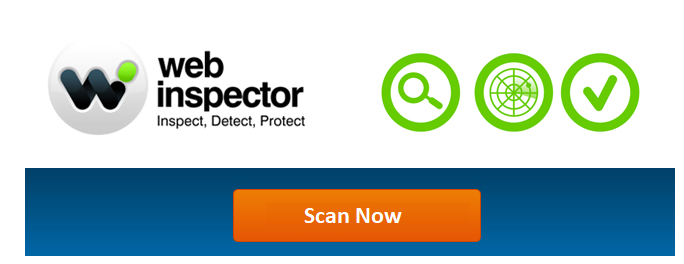What is Website Vulnerability and its Types?
According to recent survey, on an average, a website experiences 23 attacks per day and that’s over 7,000 attacks per year. Online privacy is at stake with hackers and scammers introducing new techniques to deceive users, businesses and websites day-after-day. It is the duty of the website administrators to safeguard their websites from such malware attacks and the same implies to websites hosted using WordPress platform. With the rise of cyber-vandalism, cyber espionage, hacktivism, cyber warfare and other nefarious activities, website vulnerability has become a grave matter of concern for website owners and administrators.
The attacker makes use of a website’s vulnerability which is the weakness or misconfiguration in a web application code to gain some level of control of the website, and possibly the hosting server. Today, many of the website weakness is exploited through automated means, such as vulnerability scanners and botnets. The intentions for taking control is to steal sensitive data, spread malicious programs, or inject spam content into the vulnerable site.
Types of Vulnerabilities
The most common website security vulnerabilities are of five types and these vulnerabilities are exploited by attackers. They are:
#SQL Injection Vulnerabilities (SQLi) – This helps steal customer sensitive data by injecting malicious/spam posts into a website, and in order to accomplish this, the attacker bypasses authentication to gain full control of the website.
#Cross-Site Scripting (XSS) – This attack targets website visitors. The JavaScript on the website is altered so that the script is executed in the visitor’s browser. This helps the attacker to hijack a session, distribute spam content, and steal session data.
#Command Injection – This attack helps the hacker to take control of the website. In other words, the command injection vulnerabilities enable cybercriminals to remotely pass and execute code on the website’s hosting server.
#File Inclusion (LFI/RFI) – The attacker uses the include functions in server-side web application languages like PHP to execute code from a remotely stored file. The victim site’s PHP code is then modified or injected with malicious files.
#Cross-Site Request Forgery (CSRF) – CSRF attacks are less common. The hacker tricks the website administrators or user to unknowingly do malicious actions.
Website Vulnerability Scanner
Many businesses prosper using the content management systems such as Wix, WordPress, Weebly, etc. These systems actually help to gain greater marketing mileage for the businesses using minimal investments. However, online fraudsters took this as an opportunity to create problems for the unsuspecting business owners. Ever since the first attacks, many online businesses have become more cautious and have started to look at efficient ways to ward off the dangers. The immediate results prompted them in using a website vulnerability scanner that helps in identifying security weaknesses and vulnerabilities that would give cybercriminals an opportunity to do the damage.
To be precise, an antivirus program will be of little help and that’s why you need a website vulnerability scanner to steer clear from such online dangers. The Web Inspector is a comprehensive product from Comodo that was developed by world-class internet experts and computer scientists. Comodo’s Website Vulnerability Scanner delivers the very best in inspection, detection, and protection currently available in the market!
How The Comodo Web Inspector’s Website Vulnerability Scanner Works
The Web Inspector’s website vulnerability scanner packs high-level security features that detects and removes malware efficiently. Typically, it ticks all the boxes in the making- namely the ease of use, threat detection and response, extensive reporting capabilities and minimal impact on business productivity.
Here is how the Web Inspector website vulnerability scanner works:
#Automated Vulnerability Scan
The website vulnerability scanner runs automated scans of all pages on the website. This secures your website from unprecedented attacks. Besides, it also checks on a daily-basis that your website is not present on any internet blacklists.
#Notifications
The website owner and the administrator are notified immediately through email if any problems are discovered.
#Reports
The complete reports help classify the vulnerabilities identified according to their potential severity. The overall report outlines the security flaws and prompts the required threat mitigation advice.
#Certification
The website security seal assures customers that the website is malware-free and reliable. Thereby, improve your visitors confidence and your sales.
#User-Friendly Interface
The user-friendly web-based interface means – up and running within 5 minutes after sign up. There is absolutely less time required to get started!
Related Resources :
Website Malware Scanner
Best Website Security
Website Vulnerability Scanner
website security check
Website Backup
Website Status
Website Malware Removal








